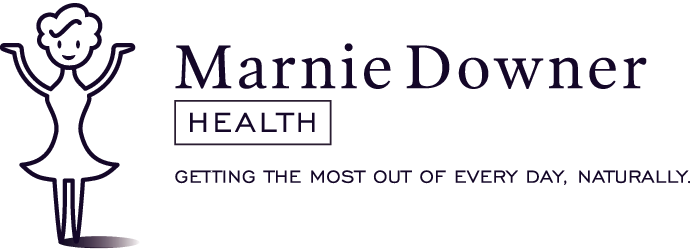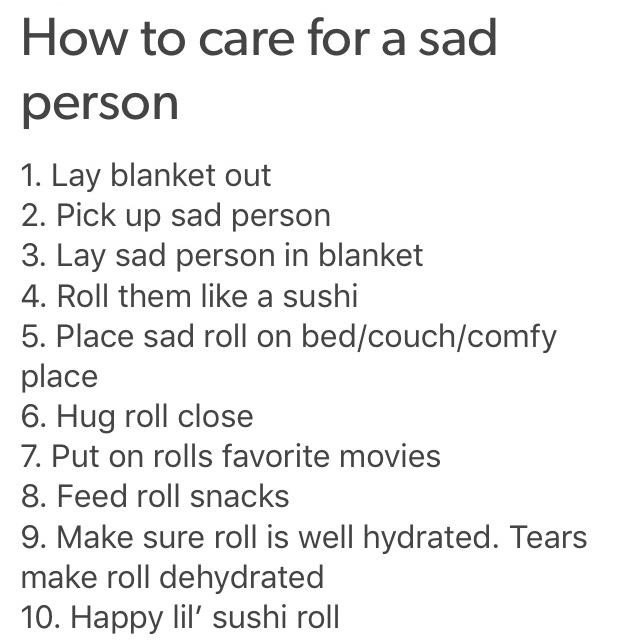It’s Mental Health Week and with that in mind, I thought we’d look at the role of neurotransmitters and some ways you can look after your head space.
Maybe you or someone you know and love is struggling with life’s up and downs a bit at the moment. Herewith is some highly useful information.
Did you know: Australia is the second largest consumer of anti-depressants globally (Iceland is number 1).
The brain:
- Has between 100 trillion and 1 quadrillion synaptic connections
- Each neuron (nerve cell) in the brain makes, on average, 1000 synaptic connections with other neurons.
Neurotransmitter are our brain’s chemicals. They tell:
- Our heart to beat
- Lungs to breathe
- Stomach to digest
Let’s look at three of our neurotransmitters, some of the jobs they are doing and ways we may balance them.
Serotonin (the anxious mind)
98% of serotonin is in our digestive tract and cardiovascular system. That’s why some of us may get an upset tummy when we are highly stressed.
Serotonin is responsible for:
- Soothing
- Well-being
- Impulse control
When it is low, you may experience:
- Anxiety
- insecurity
- Impulsive behaviour
Ways to boost serotonin
- Complex carbohydrates (that’s your whole grains, sweet potato, beans and lentils)
- Omega-3 essential fatty acids (fish oils)
- Small, frequent meals
- Moderate amount of protein
Dopamine (the agitated mind)
Dopamine is responsible for:
- Energy
- Motivation
- Pleasure
When it is high, you may experience:
- Irritability
- Agitation
- Compulsive behaviour
- Addictions (nicotine is a dopamine agent)
Foods to reduce dopamine:
- Serotonin diet
- Low protein diet
- Vegetarian diet
Norepinephrine -aka noradrenaline (sluggish mind)
Norepinephrine is responsible for:
- Attention
- Stimulation
- Fight or flight response
When it is low, you may experience:
- Depression
- Sluggish mind
- Melancholia
- Dulled thinking
Foods to increase norephinephrine:
- Think summer
- Lean proteins
- Low carbohydrate diet
- Foods with a high water content (eg.watermelon, lettuce)
Supplements to help all neurotransmitters:
- Vitamin B (you know how I love it!)
- Magnesium – it is the body’s fourth most abundant mineral and is like rescue remedy for your brain.
- Vitamin D3
- Omega-3
- The right probiotic
One of the simplest ways you can manage anxiety is by keeping your blood sugars balanced. When you get low blood sugar, it causes an adrenaline release, which puts your body into fight or flight response.
Did you know: A study that followed the diet of 3 468 people for five years, showed those who ate processed foods were more likely to develop depression.
Useful resources:
- Lifeline: 13 11 14
- Beyond Blue: https://www.beyondblue.org.au/
- Headspace: 1800 650 890
Free online and telephone service that supports young people aged between 12 and 25 and their families going through a tough time. - Black Dog Institute: http://www.blackdoginstitute.org.au/
Information on symptoms, treatment and prevention of depression and bipolar disorder. - One of my favourite books about depression and mental health is Sane New World by Ruby Wax.
If you are suffering from depression or anxiety, please know you are not alone. Be kind to yourself and please reach out to others.


